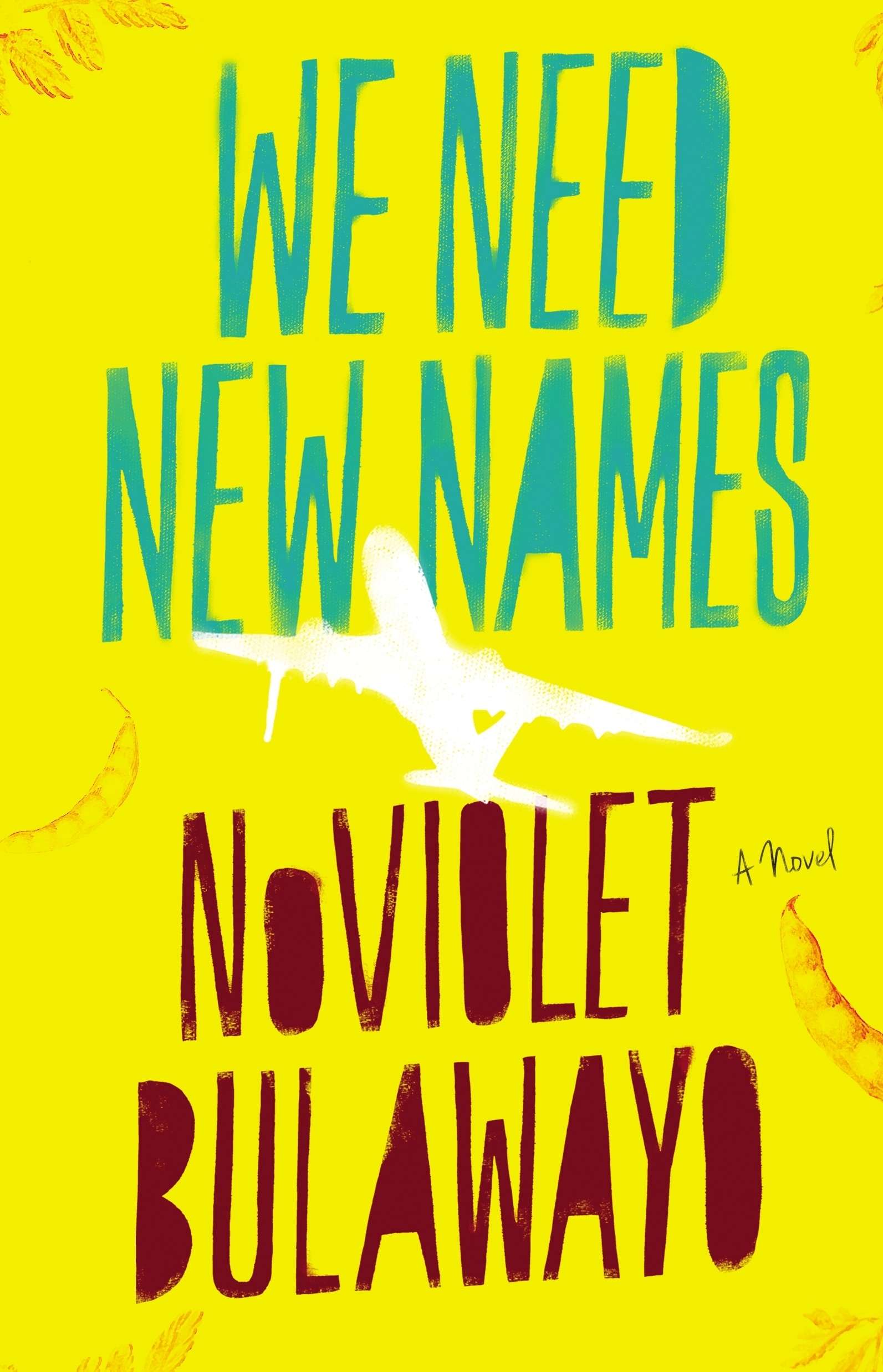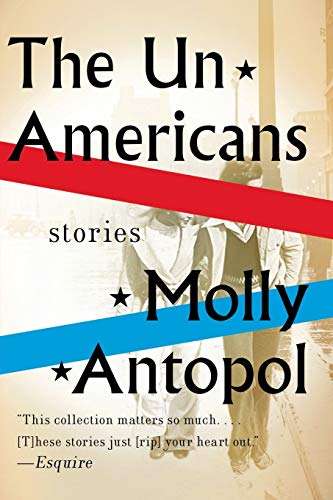The UnAmericans, stories by Molly Antopol
There’s a literary lineage to the strands of Jewish American literary tradition, contemporary and classic—Isaac Bashevis Singer, Grace Paley, Michael Chabon, Nathan Englander, Nicole Krause. That breadth of influence might seem impossible in a single collection, but the eight stories in Molly Antopol’s collection, based on her own family history, bring together characters and voices across generations of family, and the Jewish literary tradition.
The tensions between the old world and the new, ancestor and descendant, the immigrant and the assimilated finds traction in these stories set in locations from Los Angeles to Tel Aviv to Eastern Europe, and the former Belarus, the home of Antopol’s ancestors. As Dwight Garner wrote, “These ancestors are judging them from their graves.”
For each of these characters, the past shapes the present. Whether young or old, new immigrant or assimilated grandchild, they grapple with family and circumstance. There is the influence of the Old World, the changes brought by assimilation and difference, and cultural confrontations that occur in everything from radical politics to art to love and marriage. There’s a beautiful, and characteristic, tension that comes from generational stance and lived experience. What can the younger know of their ancestors’ lives, and the elders of their grandchildren? The first lines to “My Grandmother Tells Me This Story,” places the differences in perfect order:
“Some say the story begins in Europe, and your mother would no doubt interrupt and say it begins in New York, but that’s just because she can’t imagine the world before she entered it. And yes, I know you think it begins specifically in Belarus, because that’s what your grandfather tells you. I’ve heard him describing those black sedans speeding down Pinsker Street. I’ve been married to the man almost sixty years and know how he is with you—he makes every word sound like a secret. But he wasn’t even there.”
Antopol constructs these stories with novelistic breadth. The backstory is always dexturous, and not once in any of these stories does detail of the past weigh down the present. Through voice, carefully chosen detail, and masterful handling of pace and continuity, Antopol lends her short stories impressive scope. These are characters, and stories, you can settle in with as you might a novel.
Implicit in these stories is the sense of a grand past, in the collective idea of storytelling from different generational perspectives, to the way in which these characters live, and in the choices they make. The author is currently at work on a novel, which given the novelistic depth of these stories, I can’t wait to read.
—Lauren Alwan
As an Amazon affiliate, LitStack may earn a commission at no cost to you when you purchase products through our affiliate links.



